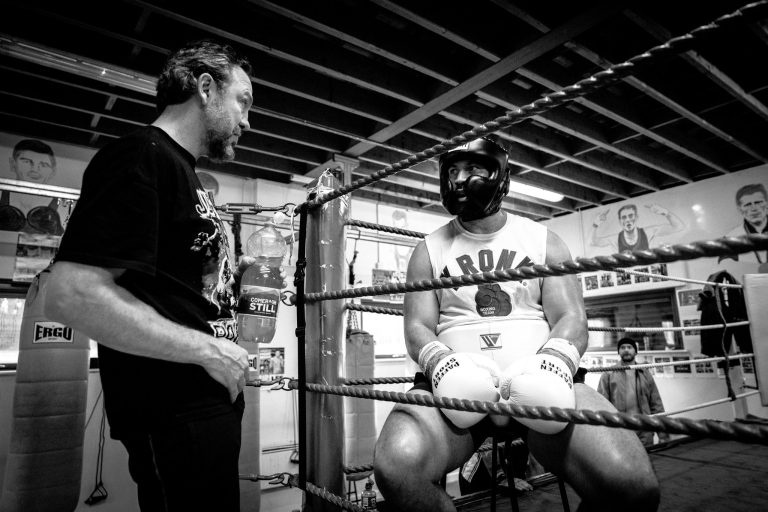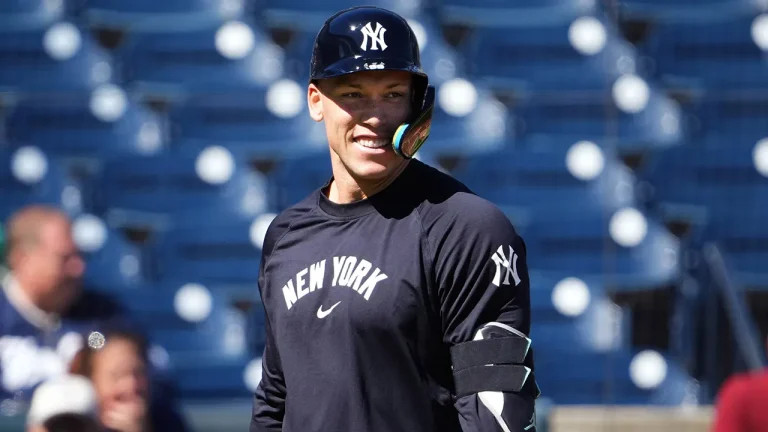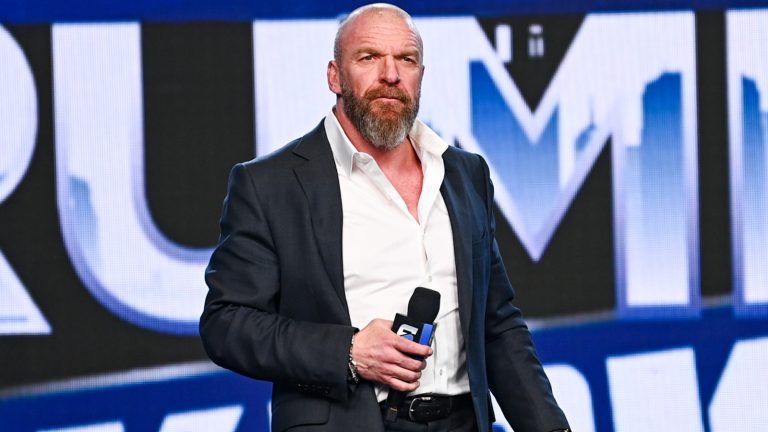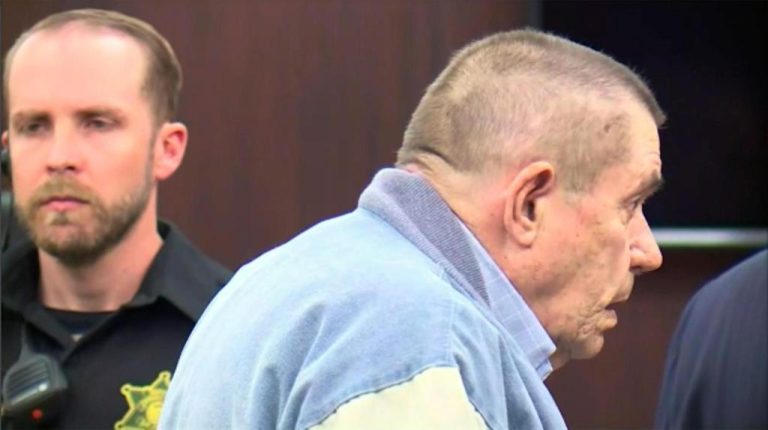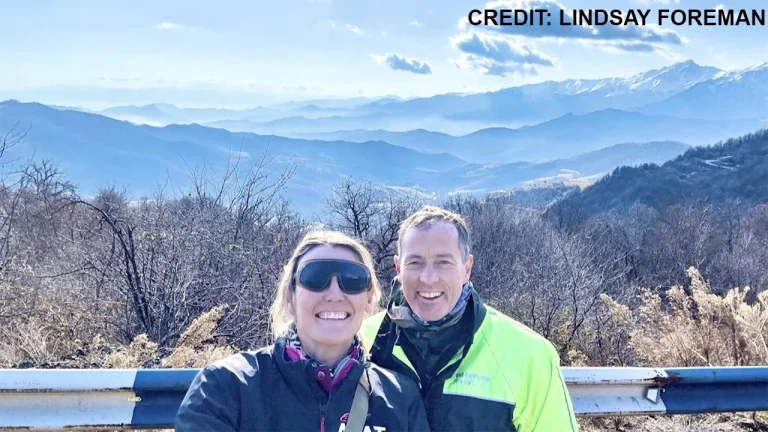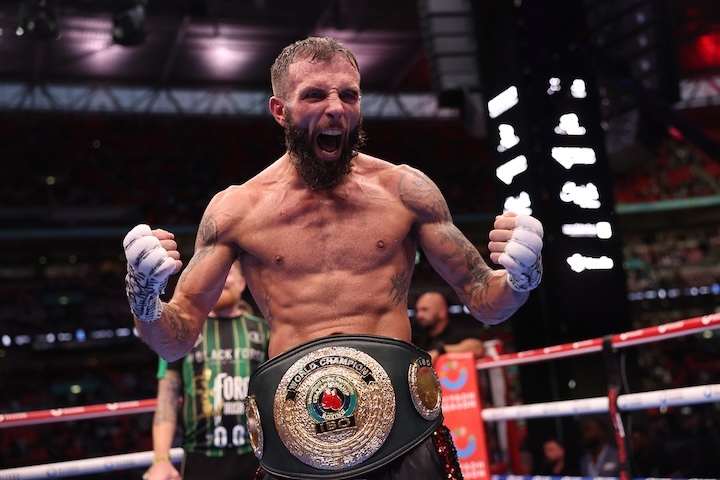
Boxing is a brutal sport.
We so often forget that the two men knocking lumps out of each other on a TV screen are not superhuman, although sometimes it does seem it, and are inflicting punishment that will almost certainly have a lasting effect on their quality of life.
Every now and then we are reminded of this and, tragically, this month was another one of those rare occasions. John Cooney, a 28-year-old junior lightweight from Northern Ireland, sadly lost his life after suffering a severe bleed on the brain in his stoppage defeat to Nathan Howells on February 1.
Safety precautions are taken, but no matter how much research is done or how many measures are put in place, boxing will always be a sport that can kill. Viewers tune in for blood, guts and gore, but they forget the worst of the damage cannot be seen. They celebrate fighters who take needless punishment like Derek Chisora and Arturo Gatti, while they slate the likes of Shakur Stevenson and Floyd Mayweather who adopt a safety-first approach.
Promoters are praised for putting on classic fights where both men leave the ring with a little less of themselves than what they entered with. A fight that has the potential to be another of these “barnburners” was announced last week. Former world titleholders Anthony Cacace and Leigh Wood will face each other on May 10 for the fringe IBO junior lightweight title.
The loss of his countryman Cooney has reminded Cacace of the risks heading into his contest with Wood, which will almost certainly be a brutal war.
“That’s the reason why I’m not going to sit across from Leigh [Wood] and curse him up, or talk bad down to him, just for value or entertainment,” Cacace told BoxingScene. “Because John Cooney, God rest his soul, rest in peace, great champion. My heart goes out to his family. You know, this is real life. These are things that can happen, so respect every fighter. It’s just the way it should be.
“People look at it like glitz and glamour, and you see the big promoters and these ones boasting about with their Rolexes on, or whatever – it’s nothing like that. It’s a very hard, lonely road. Don’t get me wrong, you have your great times in-between. These experiences are once in a lifetime experiences. But it’s hard, it’s difficult, especially when you have a family, and kids, and everything else. It’s a very hard, unforgiving sport.
“You get up the next morning [after a fight]. On TV, your bruises don’t look half as bad, so you get home, and you wake up in the morning, and you’re like, ‘What!’ With your head three times the size. Yeah, people don’t see that side of things, and I’m glad they don’t, because maybe boxing wouldn’t be looked upon as the great sport it is.”

